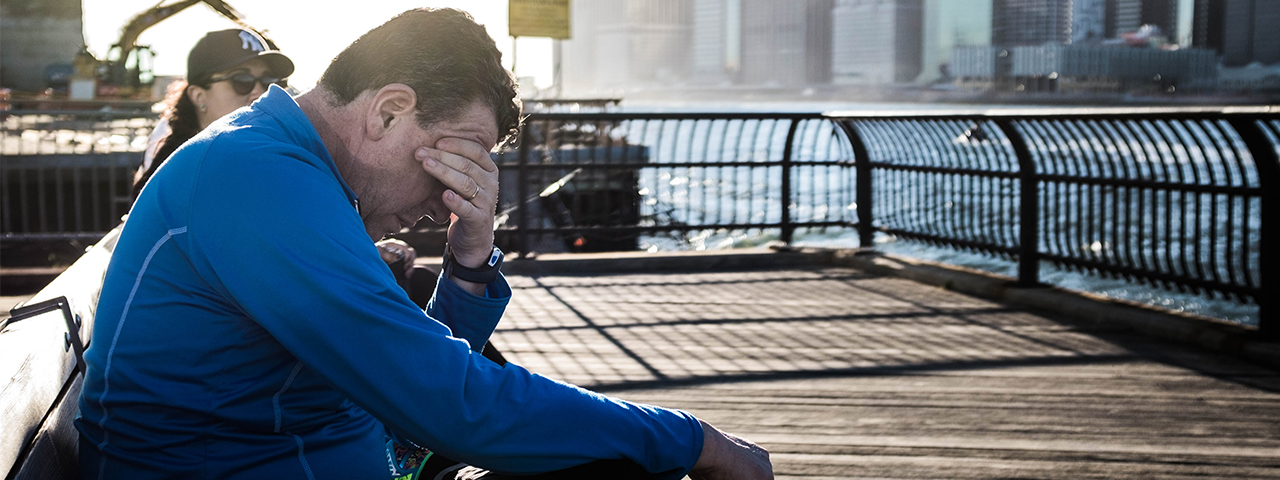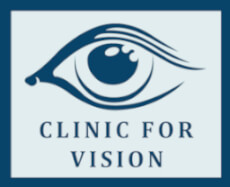
We Help Patients With Histoplasmosis Retinopathy Regain Visual Acuity
Have you noticed blind spots in your field of vision? Are objects or images less sharp than they used to be? If you live near or often visit rural areas and are experiencing these kinds of symptoms, a condition called Histoplasmosis Retinopathy may be to blame.
What Is Histoplasmosis Retinopathy?
Histoplasmosis Retinopathy is an eye disease caused by a fungus called Histoplasma capsulatum. This fungus is typically found inside the soil in areas that have bird or bat droppings in the ground, such as farms and rural areas. When the ground is disturbed due to plowing, digging, or planting, this fungus is released into the air. Once it's airborne and someone breathes it in, it can cause a lung infection. At some point, the infection is carried through the bloodstream to the eyes, affecting otherwise healthy vision.
This disease damages the retina, leaving scar tissue behind in its wake. This scar tissue eventually interferes with healthy vision, impacting your ability to see things clearly.
Histoplasmosis Retinopathy and Low Vision
The retina is an essential part of your vision. It helps focus light that enters your eye and sends images to the brain. Histoplasmosis Retinopathy disrupts this flow of information being passed from the eyes to the brain, so your brain can’t understand what your eyes see. This is what causes vision loss.
How a Low Vision Doctor Can Help Regain Vision Loss
Histoplasmosis Retinopathy can damage the retina, resulting in a loss of vision. In severe cases, it’s been known to cause blindness in 20-40-year-old men and women. This condition makes straight lines appear crooked and you may notice blind spots in your visual field. Colors may seem different in each eye, or you may notice flickering lights in environments where lights aren’t actually moving. In these cases, Dr. Kate McCurdy can help.
 We help patients from all over Albertville, Boaz, Guntersville, and Crossville regain daily visual functioning occurring from low vision.
We help patients from all over Albertville, Boaz, Guntersville, and Crossville regain daily visual functioning occurring from low vision.
Has writing become difficult because the lines on the page look wavy?
Do people or objects in the distance seem blurry, when you used to see them clearer?
Our selection of low vision aids and glasses can optimize your remaining vision so that you can do the things you enjoy. Do you want to keep writing? Low vision magnifiers can enlarge the page so you can see it in sharper detail. Hand-held or clip-on telescopes can help widen your visual field to help you see things (or people) that would otherwise have been blocked out. You can read more about the low vision aids and devices we offer here.
Dr. Kate McCurdy will talk to you about how this eye disease is affecting your life. The doctor will determine which low vision glasses and devices are best for helping you with your daily activities. Whether you need help with driving, cooking, shopping, watching TV, using a computer, reading, or writing, we’ve got the medical technology to help.
So schedule an appointment with our low vision doctor today. Let us maximize your remaining vision so you can get back to what’s most important to you.

